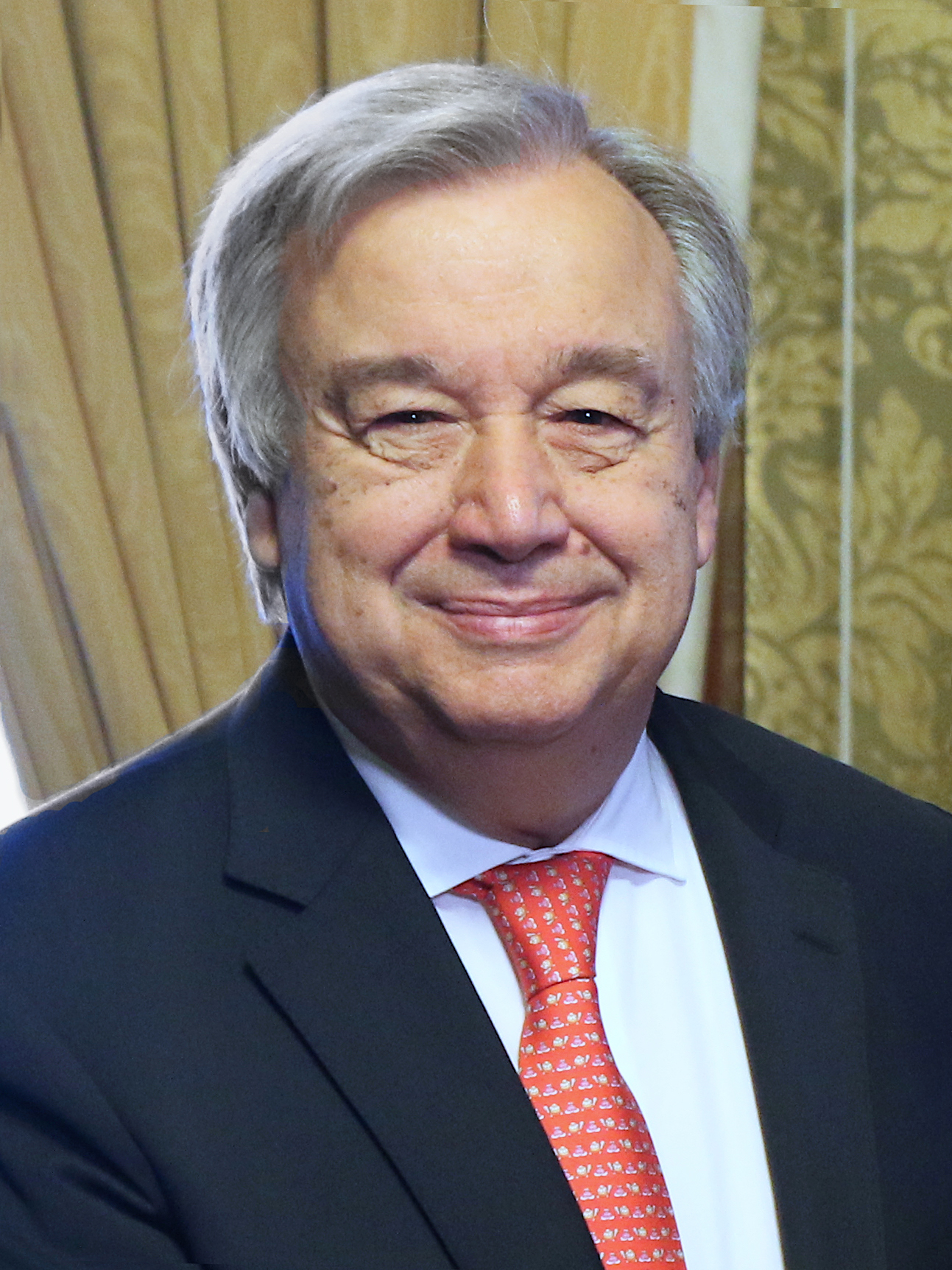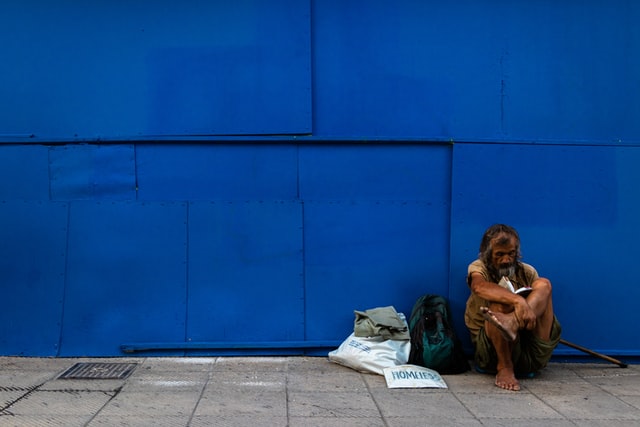The United Nations Secretary-General Antonio Guterres noted that the “World is on the Edge of Abyss” in relation to the behavior being shown by humans towards each other. The Secretary-General was worried about the “divided and polarised” setup that is currently dominating the world, even during the coronavirus pandemic.

While addressing an audience at the 76th session of the UN General Assembly on Tuesday morning, Guterres expressed concern over the disunity among world countries and warned that such occurrences led to a disorganized way of life. He cited that the world is now on the highest level of disorder, accompanied by selfishness and uncaring behaviors. All the 193 member states present were encouraged to “wake up” to “realize that solidarity is the only way out of disaster” [Source].
“We are on the edge of an abyss,” as noted by the Secretary-General, and he added that “We face the greatest cascade of crises in our lifetimes.” Notable intense challenges facing people across the globe include coronavirus pandemic, social and wealth inequalities, infringement of people’s rights, abuse of women and children, surged criminal rates, huge investment into nuclear weapons at the expense of people’s welfare, climate change which is bringing in extreme weather conditions, conflicts in Afghanistan, Ethiopia and Yemen, as alluded to by Guterres.
Wealth inequality is a common trend seen between developing and developed countries, as amid the corona virus’s reign, some persons became millionaires while those from developing countries were swallowed by poverty. Women were forced to leave their jobs and cater to their families while their male counterparts maintained their lifestyle, thus showing discrepancies.

In a worried tone, the UN chief said, “Human rights are under fire. Science is under assault. And economic lifelines for the most vulnerable are coming too little and too late – if they come at all”. But no one seems to be standing up against such problems which are being enacted on innocent souls. Those individuals who are privileged to have vast resources at their disposal are in pursuit of more wealth and ignoring the humane act of “giving back to the community.” He brought up a pertinent issue of the distribution of covid-19 vaccines since most undeveloped countries have failed to secure sufficient doses to give their people. It has been a while after WHO approved the vaccines, but some governments have yet to get doses or receive a donation.
He highlighted how numerous African countries did not have doses for the first jabs while developed nations planned to offer the “booster” jabs. Some countries have various vaccines and are choosing the best ones while discarding the “ineffective ones.” In a released statement, he said, “Solidarity is missing inaction – just when we need it most. Perhaps one image tells the tale of our times. The picture we have seen from some parts of the world of COVID-19 vaccines … in the garbage. Expired and unused” [Source 2]
In describing such a situation, Guetteres said, “A surplus in some countries. Empty shelves in others. This is a moral indictment of the state of our world. It is an obscenity. We passed the science test. But we are getting an F in Ethics”.
For the world to become immune to the coronavirus, about 70% of the world’s population needs to be vaccinated. This will be hard to achieve because the vulnerable societies are not being assisted. Another major reason behind people’s “uncaring” nature towards each other is linked to economic and financial gains. After the devastating effects of the covid-19 on the world’s economy, some nations decided to revive their businesses by chasing money without considering human life. This is why covid-19 vaccines were being sold at high prices, and the suppliers were even willing to watch people die if they could not afford the doses.
Another heated issue addressed [Source] by the secretary-general was climate change which is now visible worldwide. Given the modern industrialization and manufacturing processes, humans’ existence is under threat from harsh conditions fuelled by global emissions. To curb this problem, there is a need for every country to join the fight in reducing emissions and vow to move towards clean energy methods. Developed countries had agreed on attaining the 1,5-degree Celsius goal embedded in the Paris Climate Agreement, but due to continuous emissions into the atmosphere, such a goal might become just a dream.
He urged the whole world to be fully committed to a 45% cut of emissions by 2030. If this does not happen, the world will be plunged into a “hellscape of temperature rises.” However, other corporations prioritize amassing wealth from processes deemed a danger to the environment and the atmosphere. This is evidenced by the persistence in burning fossils, oil explorations, and nuclear chemical testing procedures, so the world is full of selfish individuals who only care about their personal while ignoring the dangers of their actions.
The UN chief noted how developing countries need to “see the promised $100bn a year for climate action” to trigger a reaction from concerned parties. By taxing carbon and pollution, companies will be forced to choose green jobs and stop relying on fossil fuels while propagating for renewable energy. Currently, the world has experienced significant developments and initiatives in technology related to robotics, space aircraft, and spying software. But these tech-gurus are not investing much effort into creating devices or gadgets that promote Green Industries or harness power from renewable sources.
Guterres did not shy away from calling out countries that were enacting bad living conditions for their citizens and humans at large. He referenced Afghanistan, which has been making headlines for the past months, and his major worry was related to the abuse of women’s rights in the Taliban-led country. He also commented on the issues in Ethiopia and urged the Ethiopian authorities to introduce an Ethiopian-led political dialogue, promoting human rights and democracy in Myanmar, stabilizing tensions in Yemen, Libya, and Syria, and offering assistance to the people of Haiti. Israel and Palestine were advised to have a dialogue to devise a way to co-exist peacefully.
He spoke on the friction between the US and China, especially after the outbreak of covid, and said, “It will be impossible to address dramatic economic and development challenges while the world’s two largest economies are at odds with each other.”
Major challenges are jabbing the world, and many of these problems can be easily fixed if the world is united. Lack of unity is worsening people’s lives, hence Guterres has projected that if this setup persists, then an abyss environment will be witnessed.







































